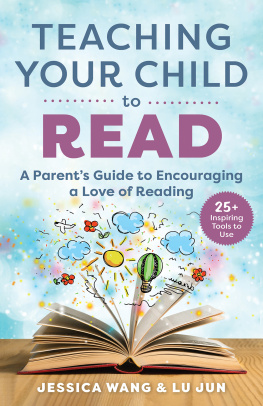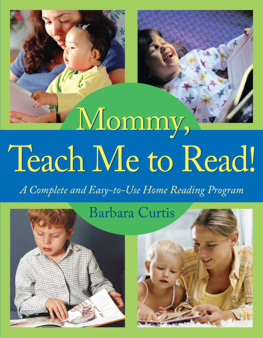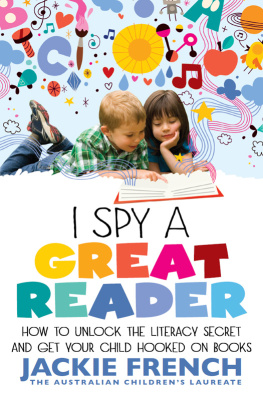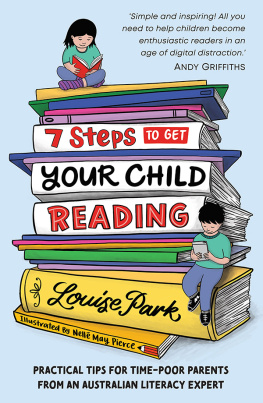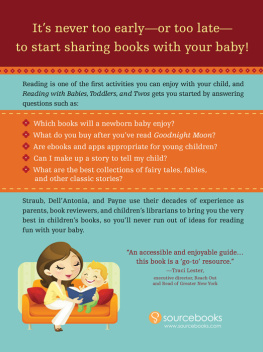

Translation copyright 2022 by Jessica Wang and Lu Jun
Copyright 2020 by Jessica Wang and Lu Jun
First Skyhorse Publishing edition, 2022
Published in agreement with Jilin Publishing Group Co., Ltd.
All rights reserved. No part of this book may be reproduced in any manner without the express written consent of the publisher, except in the case of brief excerpts in critical reviews or articles. All inquiries should be addressed to Skyhorse Publishing, 307 West 36th Street, 11th Floor, New York, NY 10018.
Skyhorse Publishing books may be purchased in bulk at special discounts for sales promotion, corporate gifts, fund-raising, or educational purposes. Special editions can also be created to specifications. For details, contact the Special Sales Department, Skyhorse Publishing, 307 West 36th Street, 11th Floor, New York, NY 10018 or .
Skyhorse and Skyhorse Publishing are registered trademarks of Skyhorse Publishing, Inc., a Delaware corporation.
Visit our website at www.skyhorsepublishing.com.
10 9 8 7 6 5 4 3 2 1
Library of Congress Cataloging-in-Publication Data is available on file.
Cover design by Daniel Brount
Cover images: Shutterstock
English edition editorial consultant: Weihua Liu
Print ISBN: 978-1-5107-6433-0
Ebook ISBN: 978-1-5107-6434-7
Printed in the United States of America
Contents

Preface

Reading Is a Skill to Be Learned
When it comes to reading, what would be the first thing that comes to mind? Back in the day, I thought that reading was all about word recognition, and one naturally reads better by learning more words. Not until I started to learn early childhood education curriculum did I realize that I was completely wrong. Reading is in fact a skill, or even a competence to be developed by learning throughout ones lifetime.
I live in New York, where children start to receive graded reading materials in elementary school. Teachers lead the children to read and teach them how to use reading tools. Moreover, during the summer and winter vacations, there are reading activities arranged by schools and public libraries, showing how much the people here value reading.
By communicating with some parents, Ive learned that, for them, cultivation of reading ability is still a somewhat elusive concept. A few of these parents understand that the development of reading ability is a systematic process based on certain rules, but are struggling to find graded reading materials proven to be good. As a result, these parents scrape together whatever books they can find, without knowing if they are actually suitable for their kids development at the current stage. Other parents know reading is good for kids, so they just keep buying more books. However, in the end, they find that their kids still have no interest in reading and all the picture books they bought are just collecting dust in the corners. At this point, the parents are starting to wonder: Whats going on? Why doesnt my kid like reading?
So what exactly is reading ability? As a matter of fact, it cant be simply put as the ability to read or finish a book, and its development is a systematic process based on scientific rules, which involve the learning of a set of reading tools that correspond to specific stages of brain and cognitive development. For most people, the development of reading ability can be divided into three stages. The first stage is learning how to read, which goes from ones birth to the third grade; the second stage, called learning by reading, lasts from the third grade to the twelfth grade; while the third one, called act by reading, starts from entering into college to coming of age.
Ever since my daughter D was born, I have been paying particular attention to her reading. Our parent-child reading has been going on for five years so far, and I have been studying early childhood education in New York for almost three years. At the same time, Ive also been learning about brain science and neuroscience from experts in New York. Over the years, I have found that helping a child learn reading is really not a simple matter, because it is closely related to psychology, pedagogy, brain science, and cognitive science. Almost all children can learn to speak without much effort, but none can learn to read in the same manner. To complete a reading task, we need to simultaneously use the brains language circuit and another section of the brain responsible for image recognition. More often than not, lack of reading tools and environmental support designed according to scientific principles make a child fail at reading. The tools and abilities required for reading are like pearls scattered all over the place, and stringing them into a beautiful necklace requires parents to collect each one of them through learning, perception, and even some comprehensive study. Only by such efforts can we as parents be ready to pass on the knowledge to our children in a step-by-step manner. Its easy to see why reading education is a daunting task for most parents.
Based on the above understanding, I began to wonder if it would be possible to summarize a set of practical reading methods based on my experience of five years of parent-child reading and what I had learned from my more than three years of study. I wanted to share it with more parents who value parent-child reading to make it easier for them to overcome the obstacles in reading education.
With this idea in mind, and through my work with Cuckoo Learning as well as more than thirty top parent-child reading experts in China, Ive created twenty-eight reading methods designed for children from three to six years old. These lessons are derived from a program I helped create in China called Graded Reading on Good Character and Scholarship for Chinese Children, but I believe they are applicable for learning to read the English language, as well.
Reading is a skill that needs to be learned. The inheritance of such a skill requires us, as parents, to take action.
Jessica Wang
New York
Chapter 1
How to Get Kids Interested in Reading in the First Place

Intermittent questioning approach: Why arent kids engaged when you read picture books with them?
First of all, we must break down a misunderstanding that kids love it when you tell stories to them. In fact, there is no direct connection between storytelling and a kids enjoyment. Kids listening to stories is not much different than an adult listening to a colleague talking about work stuff; its just a method of passive information reception. When a child hears a story, their brain first begins to decode the text and extract the semantics, and then they try to understand the things they heard by putting them into context. Such a process will ultimately lead to the engagement of emotion-related brain sections such as the amygdala and hippocampus. Its after going through all those brain activities that the child will finally arrive at a conclusion, which would be either its quite interesting or Im not interested.
Next page
